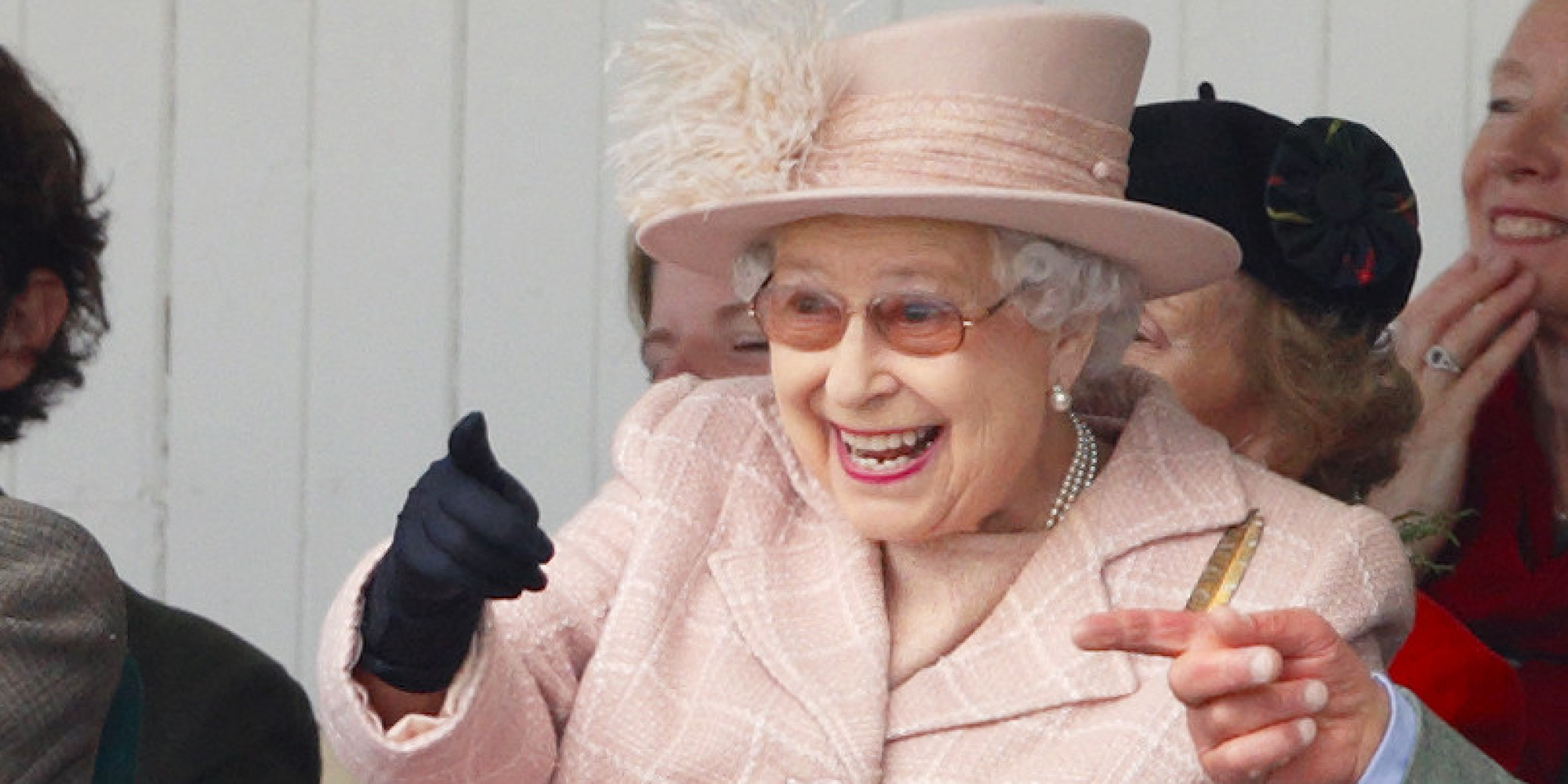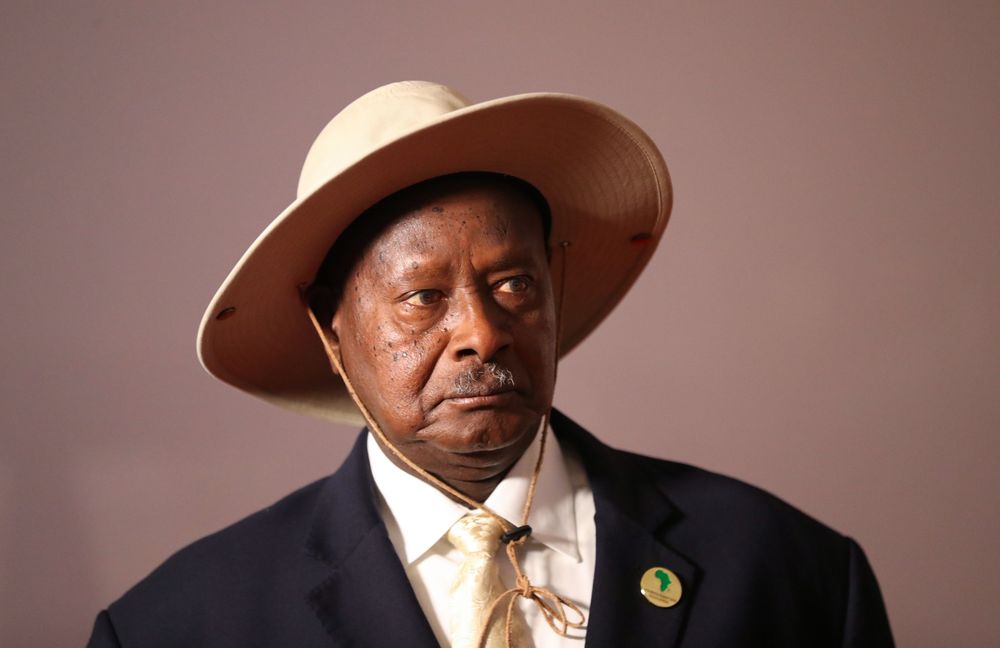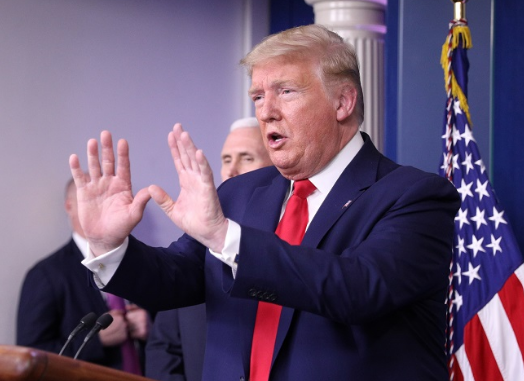Most cases of child sexual abuse are committed by the hands of someone close to the kids.
As the majority of abusers are older relatives or adults, some of them are other children. According to Dr. Janet Rosenzweig, the executive director of the American Professional Society on the Abuse of Children (APSAC), siblings and cousins can also be in the role of the violator. Rosenzweig said:
“By now, people have all heard about the pedophiles that groom children and that’s a very true way to describe adult offenders. But with kids, it’s usually predicated by sexual arousal meeting poor impulse control, and an opportunity.”
As parents are usually busy with their online meetings and other home office tasks, potentially abusive minors can often be put in charge of taking care of their younger peers.
Maud de Boer-Buquicchio, Special Rapporteur on the sale and sexual exploitation of children, said in a statement:
“Globally, confinement measures and the disrupted provision of already limited child protection services exacerbate the vulnerability of children living in psychiatric and social care institutions, orphanages, refugee camps, immigration detention centers and other closed facilities.”
Moreover, as almost every contact with other people, work and schooling, for example, is done online, UN experts warn against online pedophilia.
They believe this serious problem requires collaboration between law enforcement and private companies. The experts are certain:
“We should all make significant efforts to support frontline operators in the child protection services, neighborhood and community watchdogs and law enforcement.”
Amid the current chaos caused by the COVID-19 pandemic, child protection services have largely been disrupted and there is very little consistency on a state-to-state level, according to APSAC. Advocates are now hoping to include provisions that specifically address child protection needs in the next Coronavirus Aid, Relief, and Economic Security (CARES) Act.
The director of public policy and advocacy for the organization Futures Without Violence, Kiersten Stewart, said:
“Additional resources to help vulnerable children and families is our number one ask for the next CARES bill.”
According to Stewart, there was a misleading belief that if only job loss and health care are being handled, it would solve all of the potential child abuse issues, ‘and that’s just not true’.
Meanwhile, Rosenzweig, APSAC’s director, emphasizes the need for mentally healthy adults to play a positive role in the lives of the children they are close to. She believes that keeping in touch with those kids, even on FaceTime, will have a positive impact on their lives




